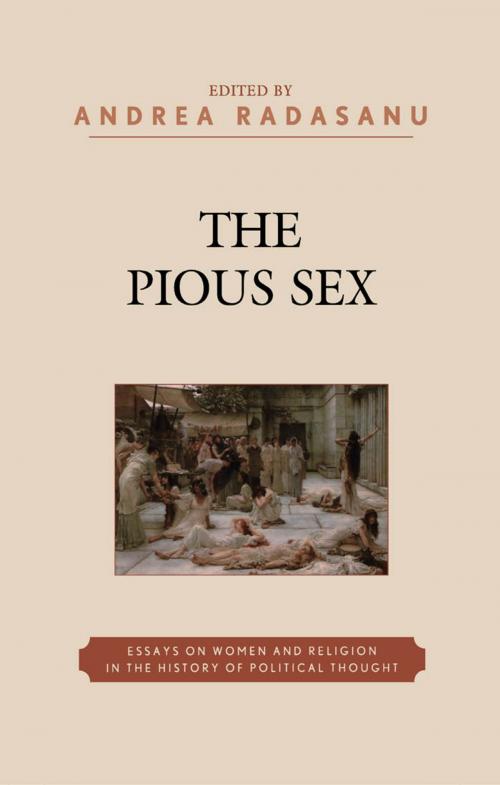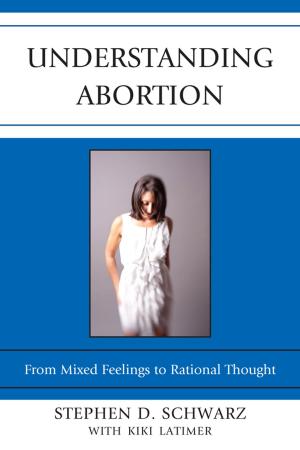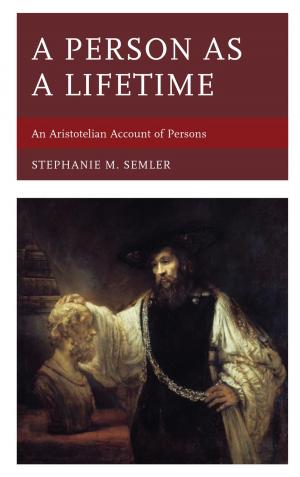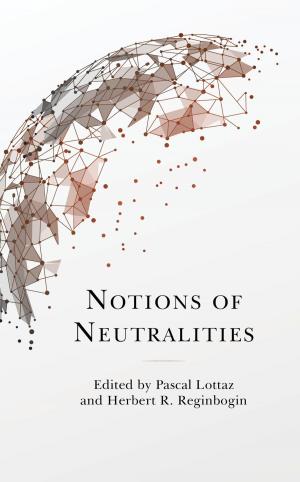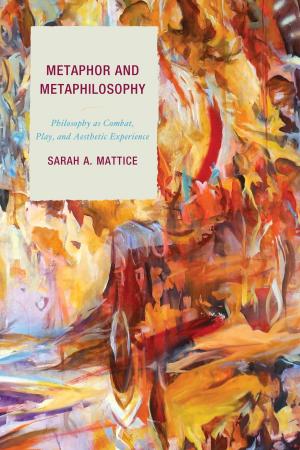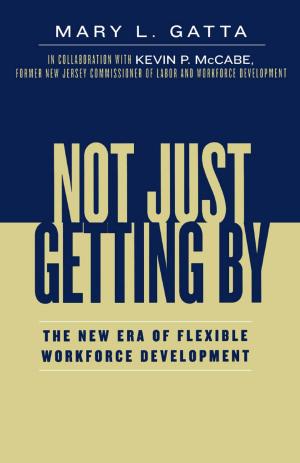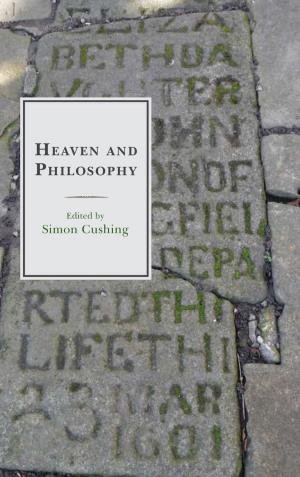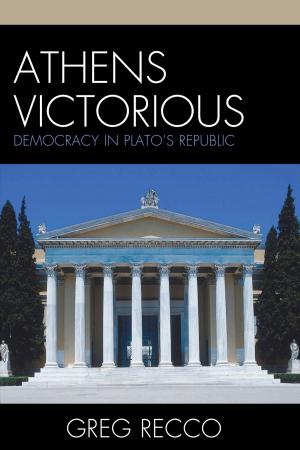The Pious Sex
Essays on Women and Religion in the History of Political Thought
Fiction & Literature, Literary Theory & Criticism, Feminist Criticism, Nonfiction, Religion & Spirituality, Philosophy, Political, Christianity, Christian Life| Author: | Amy L. Bonnette, Lise van Boxel, Catherine Connors, Eve Grace, Heather King, Paul Ludwig, Clifford Orwin, Kathrin H. Rosenfield, Dana Jalbert Stauffer, Diana J. Schaub | ISBN: | 9780739131060 |
| Publisher: | Lexington Books | Publication: | July 10, 2012 |
| Imprint: | Lexington Books | Language: | English |
| Author: | Amy L. Bonnette, Lise van Boxel, Catherine Connors, Eve Grace, Heather King, Paul Ludwig, Clifford Orwin, Kathrin H. Rosenfield, Dana Jalbert Stauffer, Diana J. Schaub |
| ISBN: | 9780739131060 |
| Publisher: | Lexington Books |
| Publication: | July 10, 2012 |
| Imprint: | Lexington Books |
| Language: | English |
The Pious Sex strives to enlighten the reader with respect to the relationship between women and religion. The notion that there is a special relationship between women and piety may call to mind the worst of the prejudices associated with women over the ages: the characterization of women as superstitious and inherently irrational creatures who must be kept firmly in hand by the patriarchal establishment. The suggestion that there is a special relationship between women and piety conjures up the most oppressive picture of womanly virtue. The contributors of this volume revisit the claim that women constitute the pious sex and investigate the implications of such a designation. This collection of original essays examines the relationship between women and religion in the history of political thought broadly conceived. This theme is a remarkably revealing lens through which to view the Western philosophical and poetical traditions that have culminated in secular and egalitarian modern society. The essays also give highly analytical accounts of the manifold and intricate relationships between religion, family, and public life in the history of political thought, and the various ways in which these relationships have manifested themselves in pagan, Jewish, Christian, and post-Christian settings.
The Pious Sex strives to enlighten the reader with respect to the relationship between women and religion. The notion that there is a special relationship between women and piety may call to mind the worst of the prejudices associated with women over the ages: the characterization of women as superstitious and inherently irrational creatures who must be kept firmly in hand by the patriarchal establishment. The suggestion that there is a special relationship between women and piety conjures up the most oppressive picture of womanly virtue. The contributors of this volume revisit the claim that women constitute the pious sex and investigate the implications of such a designation. This collection of original essays examines the relationship between women and religion in the history of political thought broadly conceived. This theme is a remarkably revealing lens through which to view the Western philosophical and poetical traditions that have culminated in secular and egalitarian modern society. The essays also give highly analytical accounts of the manifold and intricate relationships between religion, family, and public life in the history of political thought, and the various ways in which these relationships have manifested themselves in pagan, Jewish, Christian, and post-Christian settings.
